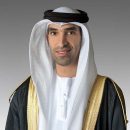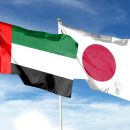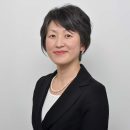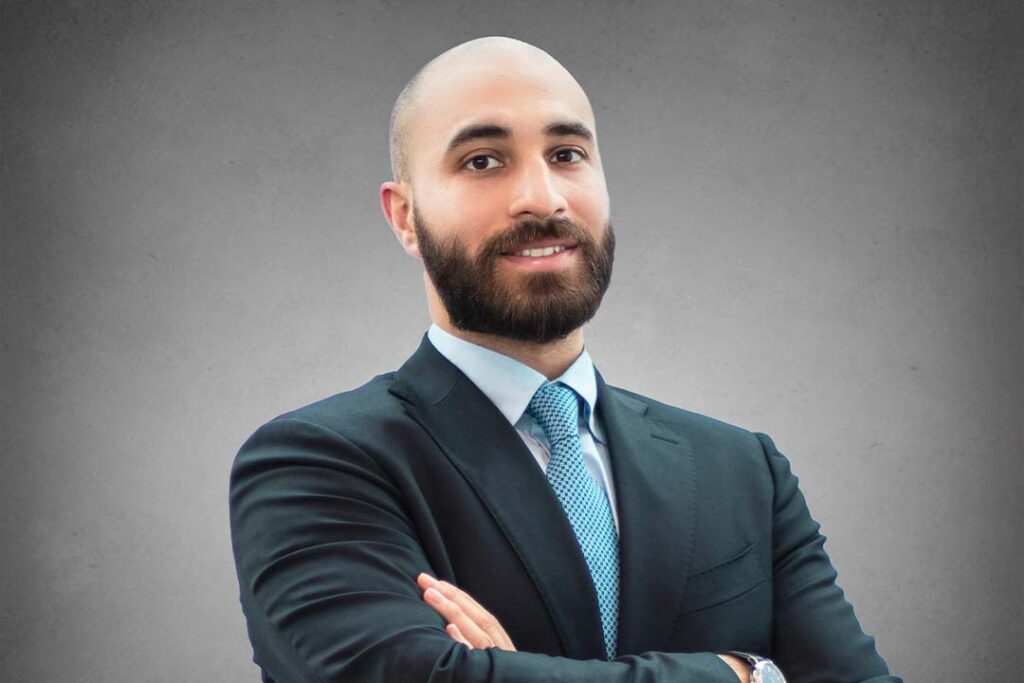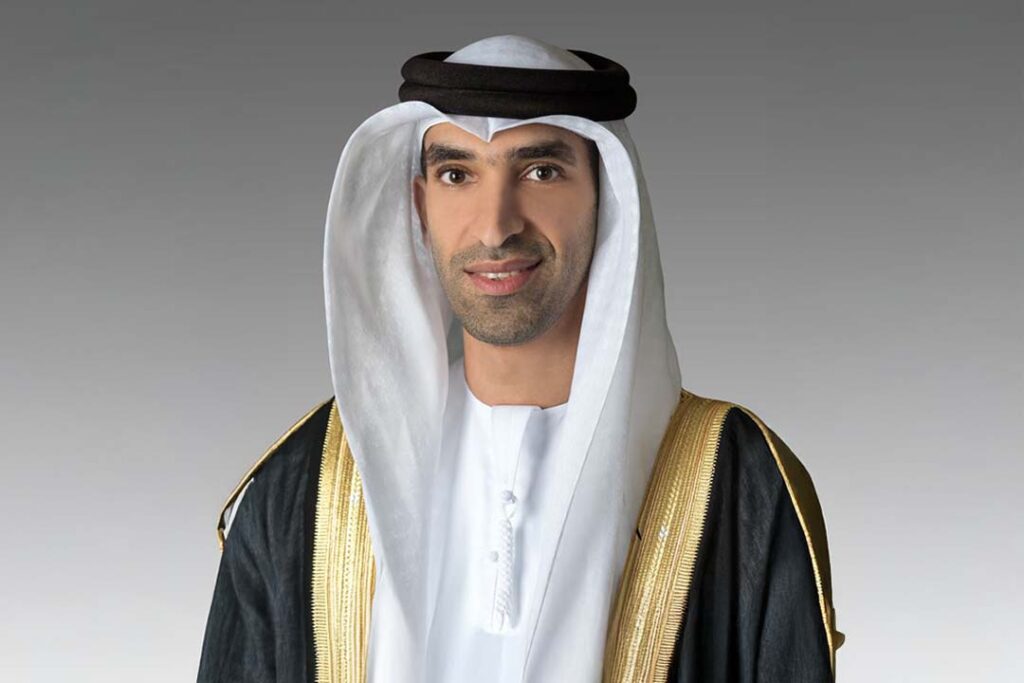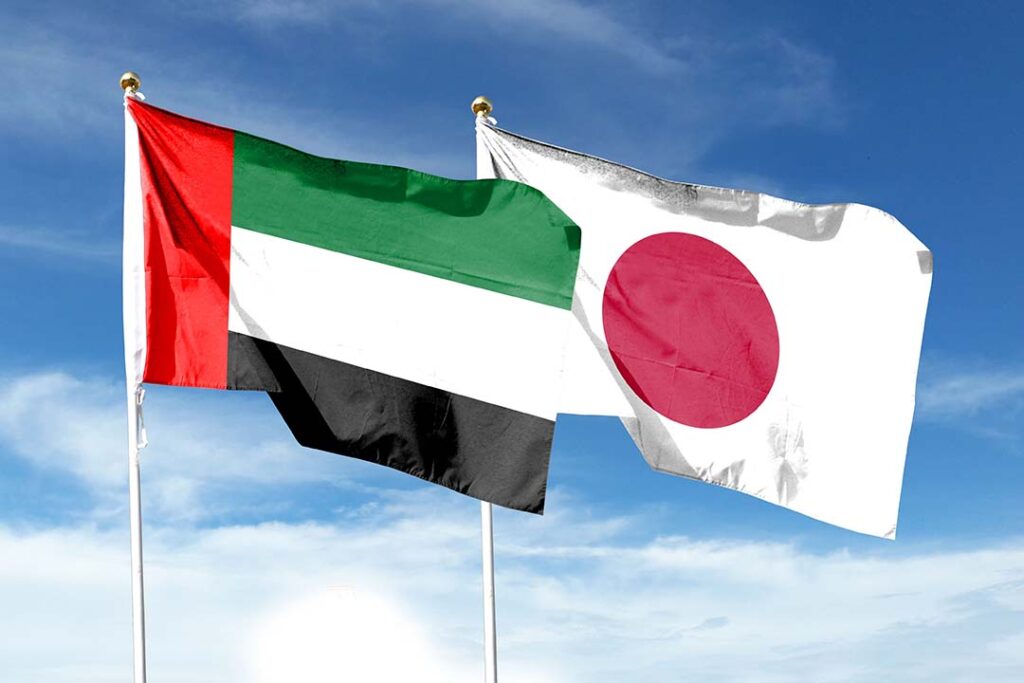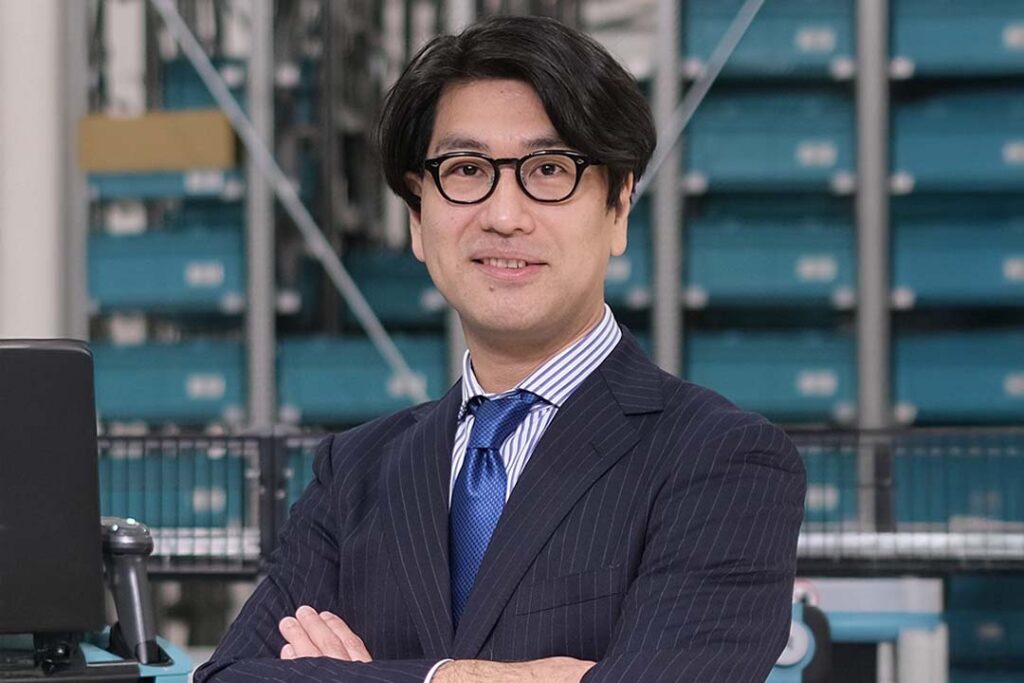TPIPP receives 7,000 to 10,000 tons of waste per day — 10% to 15% of Thailand’s total.
“Our mechanical biological treatment technique allows us to use all of the waste we receive, aligned with our zero-waste policy, and we are proud to be one of the best environmental, social and corporate governance-driven (ESG) companies in the world,” explained Pakkapol Leopairut, TPIPP’s executive vice president.
TPIPP is the power-generation subsidiary of Thailand’s third-largest cement producer TPI Polene Public Company Ltd. TPIPP’s revenue in 2020 was 11.1 billion baht.
The company has won several awards for its renewable-energy projects and social contributions, including the Thailand Energy Awards and ASEAN Energy Awards.
With eight commercial power plants, TPIPP produces 440 megawatts. As Thailand shifts toward renewable energy sources, TPIPP is expanding its business and produced 554.9 million kilowatt-hours in the fourth quarter of 2020.
“We are increasing the amount of power we generate by processing more refuse-derived fuel,” Leopairut said. “We aim to increase our alternative-fuel-generated power capacity to more than 76% of our total business by 2025.”
Under the Ministry of Natural Resources and Environment, the Thailand Greenhouse Gas Management Organization has recognized TPIPP’s role in reducing Thailand’s greenhouse gas emissions and this certification enables TPIPP to sell carbon credits.
“We donate this source of revenue to hospitals across the country and this year’s funds are financing and supporting COVID-19 health care facilities,” Leopairut said.
Moving forward, TPIPP is looking closely at Thailand’s Southern Seaboard Development Project. This includes a 3,700-megawatt clean and green energy plant, deep-sea port and logistics center, “smart city” and state-of-the-art industrial complex.
“We have been contacted by Japanese companies indicating their keen interest in collaborating on future projects,” Leopairut said. “Together, we look forward to having positive impacts on Thailand and the Indonesia-Malaysia-Thailand Growth Triangle region’s economic and social development.”
We have been contacted by Japanese companies indicating their keen interest in collaborating on future projects. Together, we look forward to having positive impacts on Thailand and the Indonesia-Malaysia-Thailand Growth Triangle region’s economic and social development.
Pakkapol Leopairut, Executive Vice President of TPIPP
TPIPP recently won bids to build 8- and 10-MW waste-to-energy plants in the Thai cities of Songkhla and Nakhon Ratchasima, which will together eliminate 1,000 tons of waste per day.
“Quoting Tim Cook, ‘We want to make the world a little better than when we found it.’ Ultimately, we want the entire Thailand to be able to eliminate waste as much as it produces. It’s still a long way, but we are on the right track.” ®




